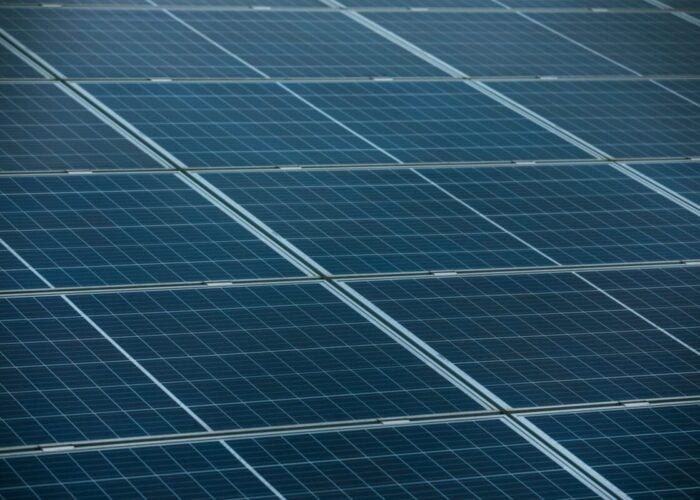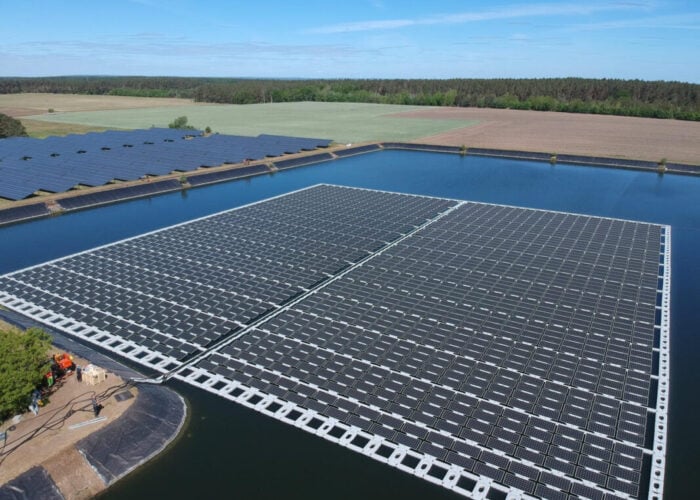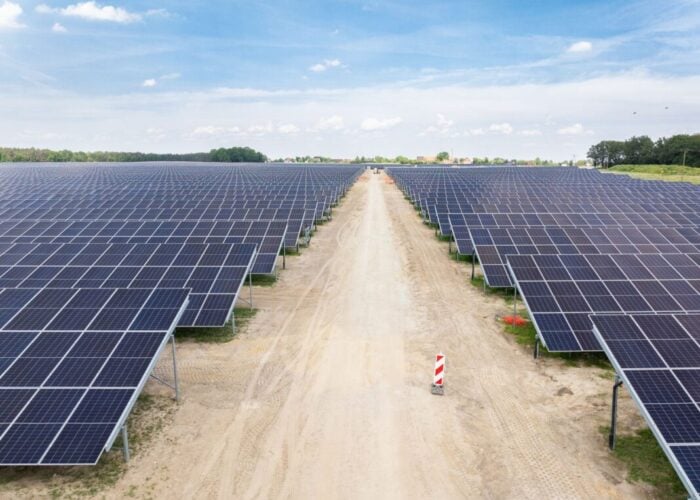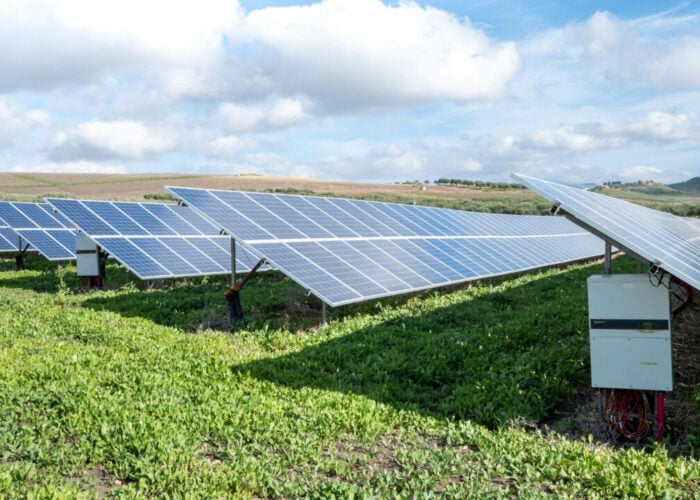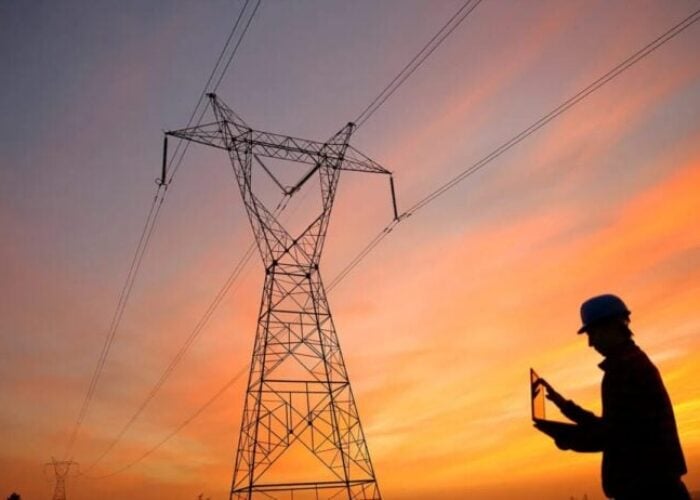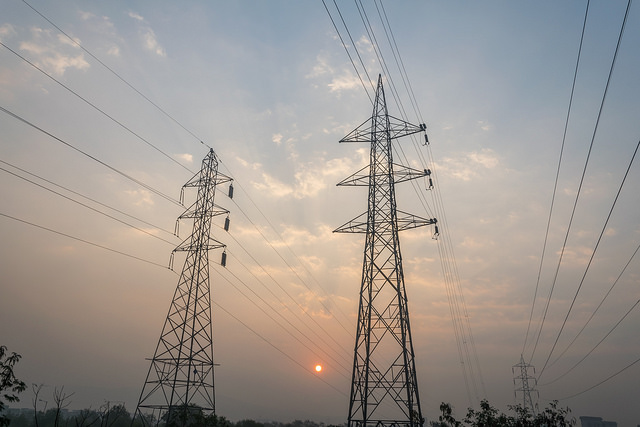
The governments of India and Germany will collaborate on enhancing the Indian grid’s ability to absorb renewable power.
The Indo-German Energy Programme – Green Energy Corridors (IGEN-GEC), adds another stream to the GEC efforts. The German development organisation GIZ will provide technical support across a number of challenges facing modern grid infrastructure and power markets.
Unlock unlimited access for 12 whole months of distinctive global analysis
Photovoltaics International is now included.
- Regular insight and analysis of the industry’s biggest developments
- In-depth interviews with the industry’s leading figures
- Unlimited digital access to the PV Tech Power journal catalogue
- Unlimited digital access to the Photovoltaics International journal catalogue
- Access to more than 1,000 technical papers
- Discounts on Solar Media’s portfolio of events, in-person and virtual
“I am delighted that this relationship between GIZ and India will result in improved market mechanisms and regulations, help us train [staff], to ensure grid stability and integration of renewables into the grid and ensure a safer and secure grid and a grid that can take cyber challenges,” said Piyush Goyal, India’s minister for power, coal, new & renewable energy and mines.
Germany will share knowhow from its Energiewende, during which solar and wind capacity has drastically increased. In the first half of 2017, 35% of the country’s electricity was generated by renewables. It has had some challenges with curtailment to contend with, particularly with wind power but increasingly solar too.
According to a statement from the Indian government, the work will focus on “improving market mechanisms and regulations for integration of renewable energy; advancing technical and institutional conditions in specified target states, regions and on a national level; adding human capacities to handle systemic (strategic, managerial, financial, technical) renewable energies integration in an efficient and effective manner”.
A recent report by the Indian government reiterated its stance that the grid could handle as much as 175GW of variable generation by 2022.

